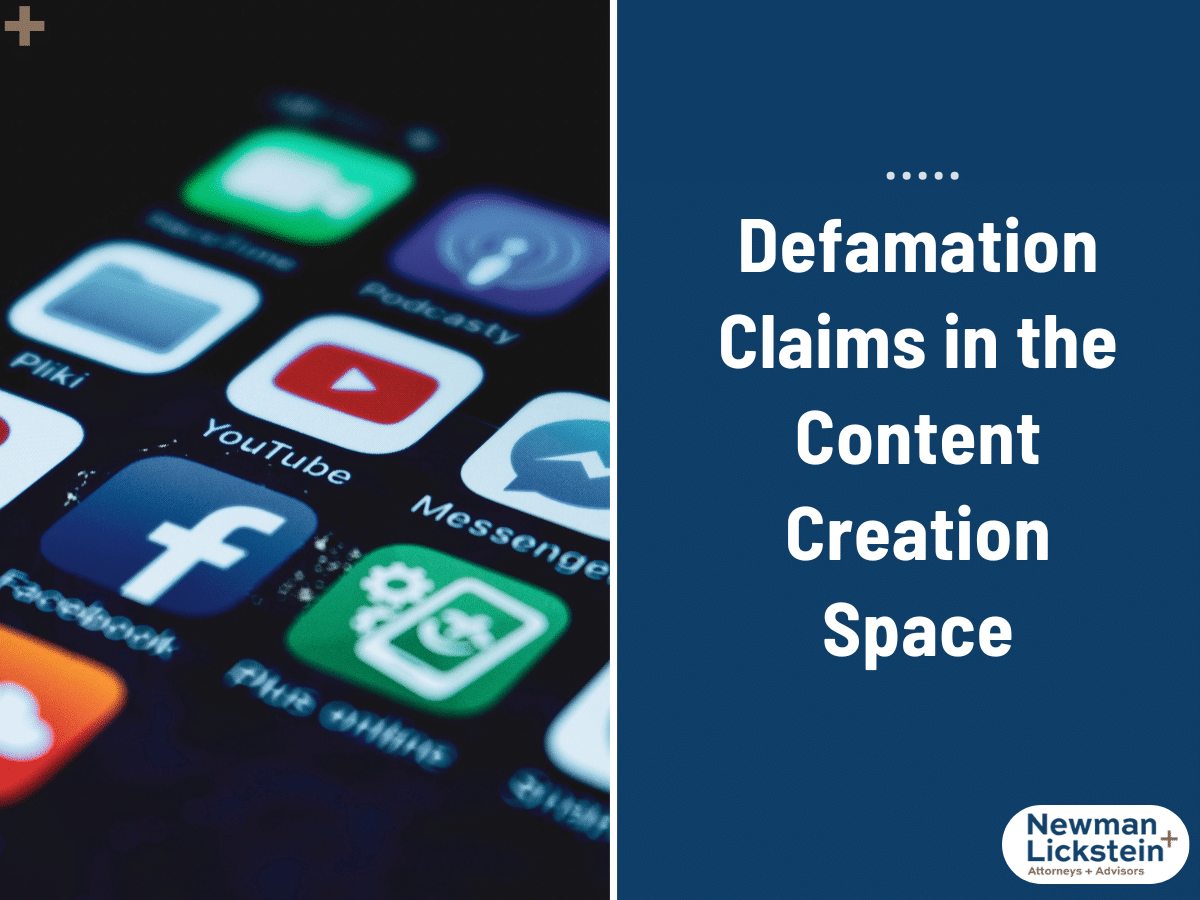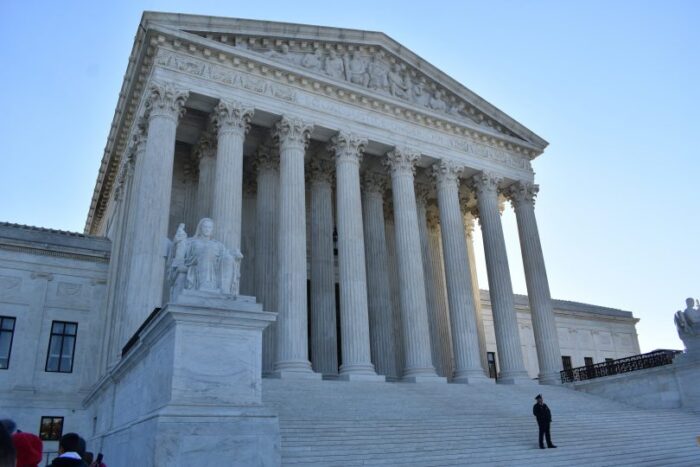Over the past decade, video sharing platforms like YouTube and Twitch have created and fueled a booming industry of streamers and content creators. This rise has also not been without its controversies that generally play out in the Court of public opinion. However, more recently these controversies have created increased legal risks – especially defamation claims related to statements made in videos or livestreams.
This seemingly started in 2022 when a federal jury ruled in favor of Cardi B against YouTuber Tasha K, in relevant part, holding her liable for defamation related to false statements made about Cardi B on a YouTube livestream and subsequently posted to her channel. This landmark case highlighted how serious defamation claims can be for content creators and why they should be aware of the legal risks.
What is Defamation in Online Videos?
Generally, a plaintiff must prove:
- a false statement was made about them;
- the statement it was made to a third-party (a/k/a publication); and
- the statement caused a harm to their reputation.
For streamers and other content creators, proving the statement was shared publicly is usually straightforward and easily proven given the medium. The other elements are typically more difficult to prove as truth, opinion, parody, hyperbole and statements made with no actual malice are not considered defamatory. Public figures, such as well-known streamers, must also prove the statement was made with ‘actual malice’ – with intent to harm or reckless disregard of the truth/rights of others. In other words, even if a statement is ‘mean’ or offensive, or as Jay-Z recently learned when his defamation claims were dismissed in his own lawsuit – when a statement is not provably false – it does not necessarily rise to defamation.
Defamation Law Varies by State
Defamation is governed by state law. As such it differs by state, so the elements and possible outcomes vary depending on where a case is filed. This makes consulting an experienced attorney essential if you face or want to avoid a defamation claim.
Why this Matters to Content Creators
As the video sharing industry continues to grow, content creators must be attentive and mindful of what they say in videos and livestreams. Even casual or offhand remarks can have serious legal consequences if the above-described elements are met.
Conversely, if you believe you have been defamed, understanding the legal elements of defamation is important before considering or pursuing a claim.
How Newman & Lickstein Can Help?
At Newman & Lickstein, LLP, our attorneys have extensive experience advising streamers, content creators, and online personalities in navigating these and other legal issues related to content on video sharing platforms. We provide industry leading support and guidance in all areas of complex internet law.




